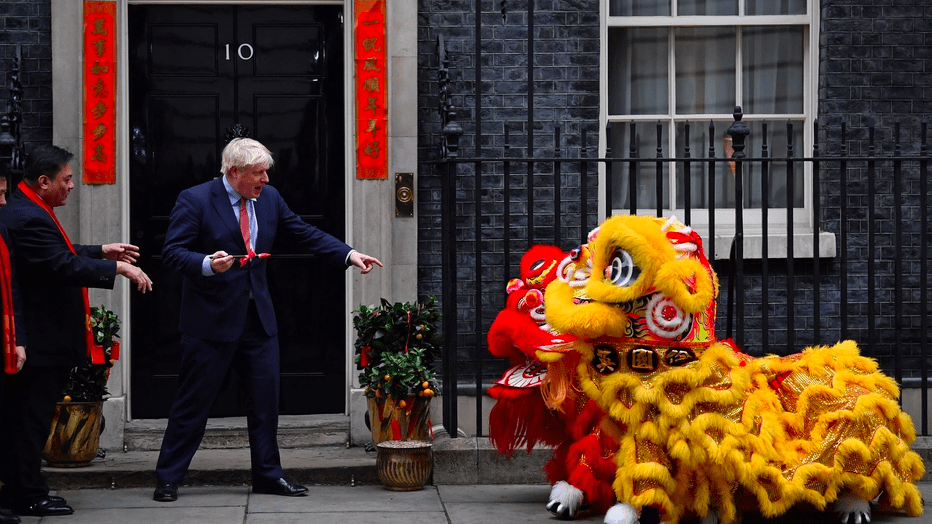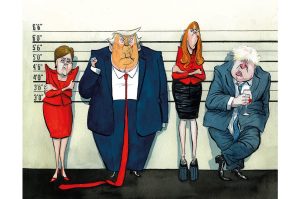One consequence of this crisis is that nearly everyone in Britain’s Conservative party has become a China hawk. Saturday sees the launch of a new China Research Group of Tory MPs. The CRG will examine Beijing’s industrial policy, its approach to technology and its foreign policy.
But perhaps the most striking thing about the group is its membership. Its chair is Tom Tugendhat, chair of the Foreign Affairs Select Committee, its secretary is Neil O’Brien, a former adviser to George Osborne. Other members include former Cameron SpAd Laura Trott and Boris Johnson’s old economic adviser Anthony Browne. The fact that these former Cameron and Osborne aides are in this group shows how much Tory thinking on China has changed since the days of ‘the new golden era’ in UK/China relations.
Hawkishness on China is going to be one of the issues that binds together the new Tory electoral coalition. Every part of Boris Johnson’s new Tory party wants a tougher line on China.
Tory modernizers are dubious of China because of its human rights and environmental record: look at the demand by Carrie Symonds, the prime minister’s partner, that ‘wet markets’ be banned. The disinformation that Beijing has pumped out during this crisis has made this group far more wary of China than they were before.
Those Tory MPs who come from former manufacturing areas and want a new Tory industrial strategy know that a prerequisite of this succeeding is the UK acting to counter China’s own industrial strategy. As one member of this group puts it, ‘The Chinese will dominate every future industry unless you do something about it.’ This group tend to argue, rightly, that Chinese companies act like arms of Chinese state rather than independent businesses and so you can’t treat Huawei as if it is Nokia.
***
Get three months’ free access to The Spectator USA website —
then just $3.99/month. Subscribe here
***
Finally, national security hawks on the old Tory right worry about the threat Beijing poses to the rules-based international order. They also fret that with both parties in the US becoming far more hawkish on China in recent years, the UK needs to adapt its approach to China to avoid a rupture in the special relationship.
In the coming years and months, the Tory party will become more and more hawkish on China. A feature of Brexit Britain’s foreign policy in the next few years will be an attempt to try and encourage a coordinated approach to China from democratic states. I would not be surprised if in the next 12 months or so we see new rules designed to make it more difficult for Chinese firms to buy British companies. The days of the UK wanting to be China’s best friend in the West are well and truly over.
This article was originally published onThe Spectator’s UK website.


















